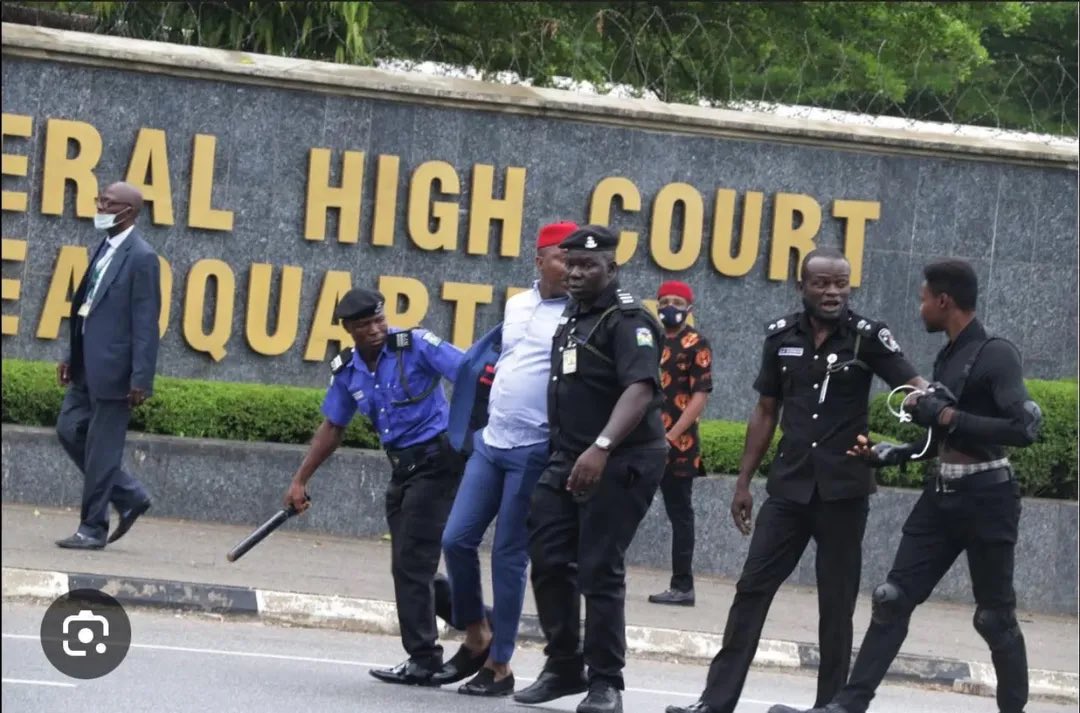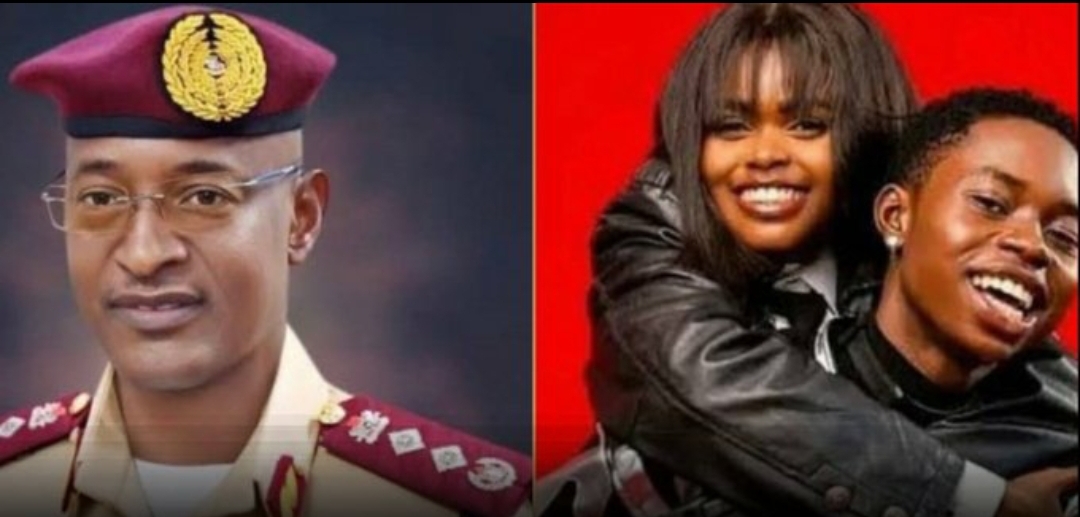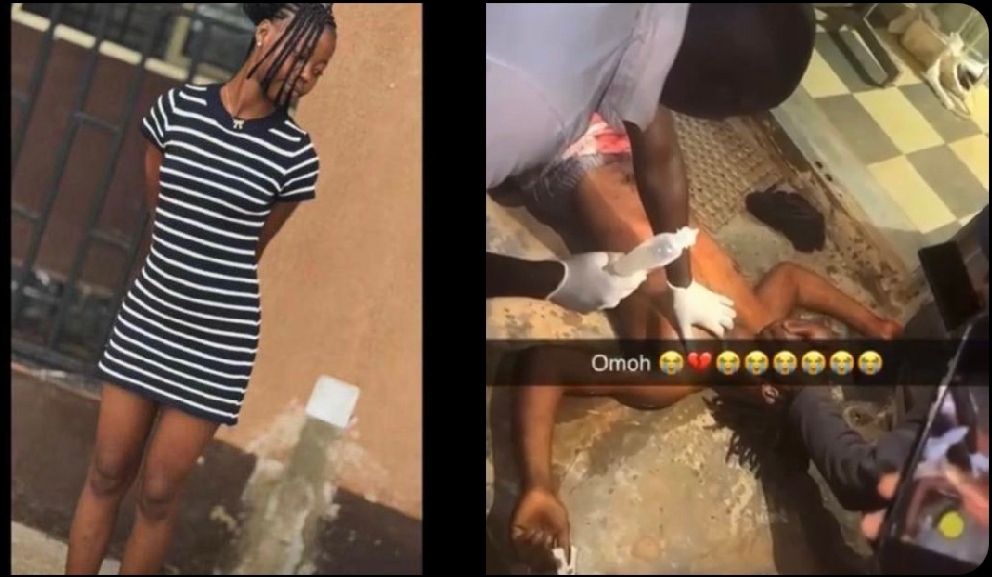
Sowore Recalls 2021 Arrest During Nnamdi Kanu Trial, Linking It to Renewed Crackdown on #FreeNnamdiKanuNow Protests

Human rights activist and Sahara Reporters founder Omoyele Sowore has revisited his July 2021 arrest outside the Federal High Court in Abuja, recounting how Nigerian police detained him during Nnamdi Kanu’s treason trial — an episode he now frames as part of a long-running pattern of suppressing public scrutiny in politically sensitive cases.
In a resurfaced post shared Monday, Sowore described how security forces blockaded access to the court premises on that day, preventing journalists, civil society observers, and ordinary citizens from witnessing the trial. “We were manhandled and forcefully removed for merely demanding transparency,” Sowore wrote.
An accompanying photo, which has since gone viral, shows a tense standoff between riot police and civilians, with a suited figure believed to be Sowore encircled by armed officers. The chaotic scene captures the height of Nigeria’s security clampdown at the time, when authorities feared mass demonstrations by pro-Biafra supporters who had gathered in solidarity with Kanu.
Sowore’s reflection comes amid renewed tension following the October 2025 arrests of Nnamdi Kanu’s brother and legal counsel, who were detained during a #FreeNnamdiKanuNow protest in Abuja last week. The activist drew parallels between both incidents, alleging that Nigerian authorities continue to “weaponize the judiciary” and “criminalize dissent” to stifle legitimate calls for accountability.
“Nothing has changed — they still brutalize citizens for demanding justice,” Sowore posted, urging Nigerians to remain vocal despite state intimidation.
The incident has reignited debates on judicial transparency and human rights under President Bola Tinubu’s administration, especially given Kanu’s continued detention by the Department of State Services (DSS) despite multiple court orders granting him bail and ordering his release.
Observers note that Sowore, himself a former presidential candidate and frequent critic of government overreach, has consistently been at the forefront of advocacy for political prisoners and democratic reforms. His resurfaced account, combined with the recent arrests, underscores a persistent friction between state security institutions and civil rights campaigners in Nigeria’s evolving political landscape.
The post has drawn mixed reactions online. While supporters commend Sowore’s courage and consistency, others question whether repeated confrontations with state forces advance or endanger broader reform efforts. Still, the renewed attention highlights how the Nnamdi Kanu case remains a potent symbol of Nigeria’s struggle between national unity, justice, and civil liberty — more than four years after his controversial re-arrest in 2021.
— Busterblog.com


